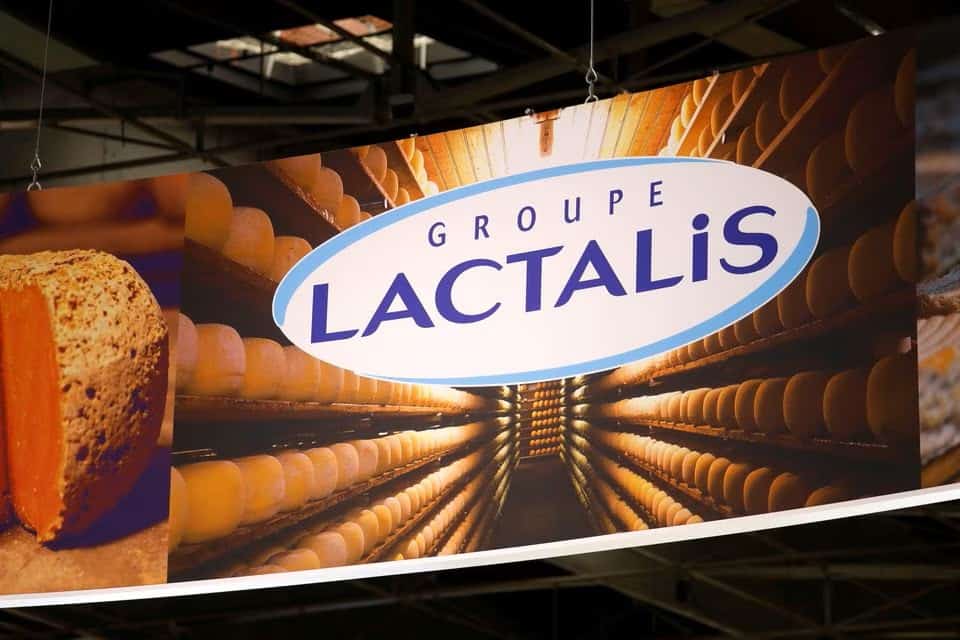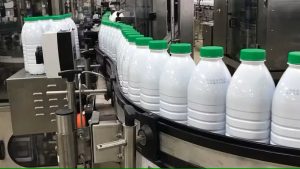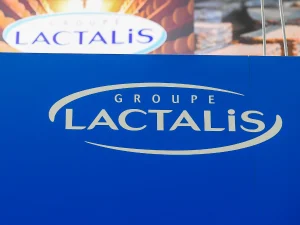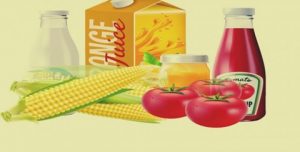
Technical staff at Brazil’s antitrust watchdog CADE have recommended the regulator to block the sale of DPA Brasil by controllers Nestle (NESN.S) and Fonterra to Lactalis, CADE said in a statement on Tuesday.
Their recommendation will trigger a broader review of the transaction by CADE’s court, which will then vote on whether to approve it or not.
CADE said its technical team noted the DPA sale would likely cause horizontal competition issues in the Brazilian dairy products market, specifically citing the fermented milk, petit-suisse and dairy dessert markets.
The regulator added the technicians identified a reduced number of rival companies in those markets nationwide, noting that competitors would have “low capacity to challenge the market power resulting from the transaction”.
DPA Brasil, which was established in 2003 and owns the Chambinho, Molico and Chandelle brands, describes itself as the largest yogurt, dairy dessert and cream cheese maker in Brazil. It owns two factories in the South American country.
The deal for Lactalis to take over the company from Swiss food group Nestle and New Zealand-based Fonterra was announced late last year, with local media reporting the transaction had been valued at 700 million reais ($147.74 million).
France-based Lactalis, the world’s largest dairy producer, already owns 13 brands in Brazil, including Parmalat, Batavo, Itambe and Pocos de Caldas brands. The firm is privately controlled by the Besnier family.
($1 = 4.7381 reais)
Reporting by Alberto Alerigi Jr. Editing by Marguerita Choy






















